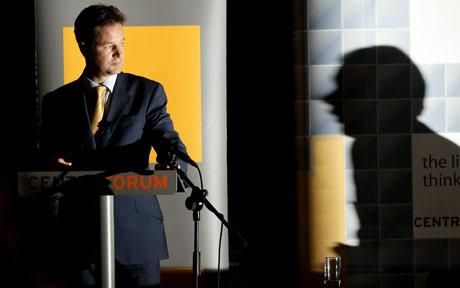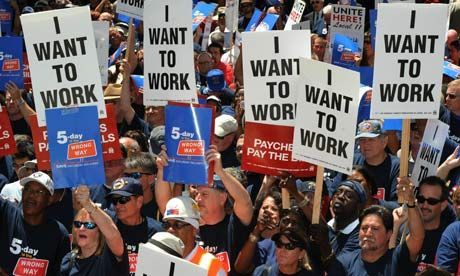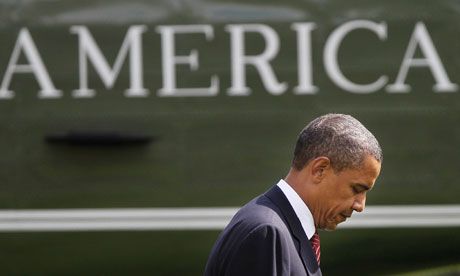
THE TELEGRAPH: UK consumer confidence bounced back sharply in August despite the austerity onslaught and rising fears of a double-dip recession, confouding those who thought fiscal tightening would set off a self-feeding downward spiral.
The GfK/NOP index rose four points to -18, breaking the steady downward trend since February. Nick Moon, head of GfK NOP Social Research, said this flicker of optimism comes just in time.
"Consumer confidence has been in constant decline for the past five months and a further fall would have made a double-dip recession seem a very real prospect. The Government will undoubtedly read these figures with a great deal of relief," he said.
A susbstantial chunk of the country thinks the overall economic situation will improve over the next year even if their own affairs will not, suggesting broad acceptance that austerity is the right course.
Mr Moon cautioned against reading too much into a single month's data and said the index remains very low by historical standards. "This gain merely reverses a large drop in July. Confidence in the economy's future prospects remains below its June level and similar to May 2009 when we were still in the grips of recession," he said. The index is hovering near levels seen during the credit crisis, the ERM debacle in the early 1990s, and the three-day working week in the 1970s.
The Centre for Economics and Business Research (CEBR) warns today that Britain's job's market will remain "extremely weak" over the next five years, with unemployment breaching 10pc in much of the North, the Midlands, Wales and Ulster. >>> Ambrose Evans-Pritchard, International Business Editor | Tuesday, August 31, 2010


























